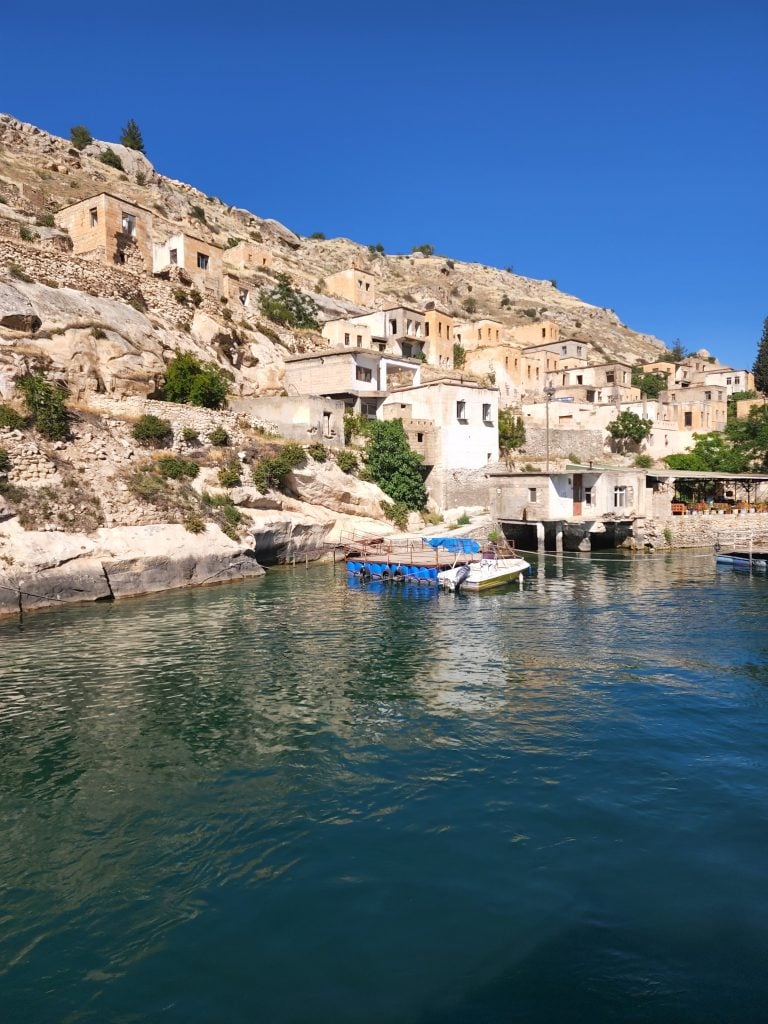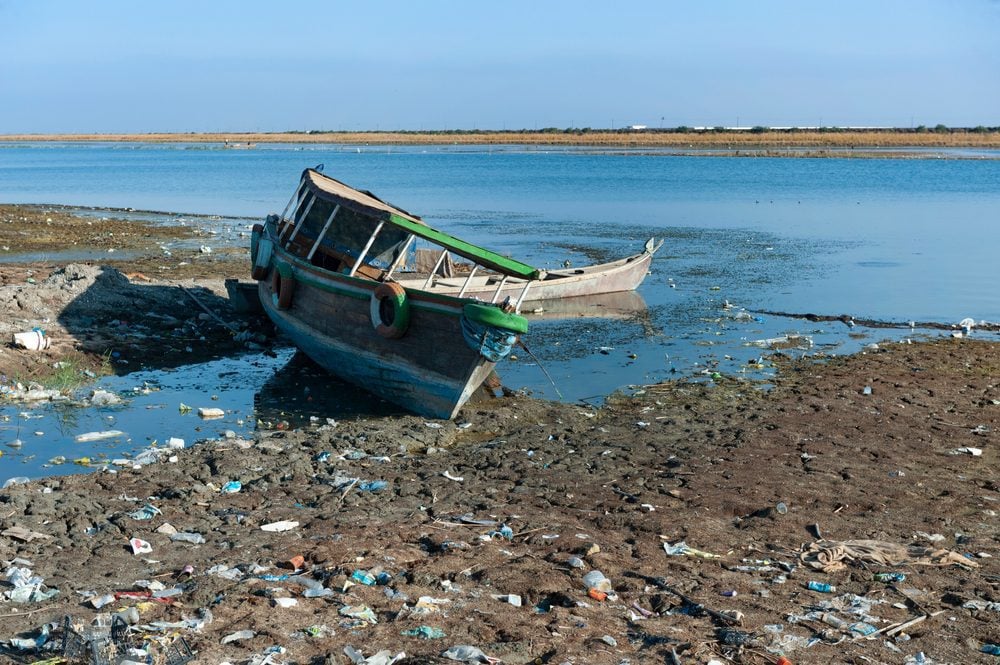The Euphrates River: Its Significance And Concerning Decline
Throughout human history, few rivers have wielded as much influence as the Euphrates. Originating in southern Turkey and traversing through Syria and Iraq, it converges with the Tigris River, marking the birthplace of ancient civilizations.

Often romanticized as one of the four rivers of Eden in biblical lore, its significance extends far beyond mythology, shaping the destiny of millions residing along its banks.
It’s drying up.
The Euphrates River, a bastion of life in an arid landscape, serves as a crucial water source for over 23 million people. However, amidst the specter of climate change and human intervention, its once robust flow is dwindling, echoing a tale of impending crisis.
Dams, like the Ataturk Dam in Turkey, constructed in the previous century for irrigation and energy production, have stemmed the river’s flow downstream. Coupled with the ravages of climate change, characterized by prolonged droughts and heightened evaporation rates, the Euphrates faces an existential threat.
Consequences of the river drying up
The implications are dire. Experts warn that if current trends persist, the Euphrates could run dry by 2040, exacerbating existing tensions in regions already fraught with conflict. The ramifications extend beyond human strife; a diminished Euphrates jeopardizes the survival of myriad species dependent on its waters, including the endangered Euphrates soft-shell turtle and a plethora of bird species.
Already, signs of distress manifest along its banks, with abandoned boats stranded on receding shorelines serving as poignant reminders of its waning vitality. The repercussions of a desiccated Euphrates are multifaceted, impacting not only drinking water supplies but also agricultural practices, which rely heavily on its waters for irrigation.

Conclusion
Efforts to address this crisis have been stymied by geopolitical complexities and competing interests. However, the urgency of the situation necessitates concerted action. As countries bordering the Euphrates confront the reality of diminishing resources, there is hope that collective efforts will ensue to safeguard this ancient lifeline.
The Euphrates stands as a testament to resilience and is a symbol of the interplay between nature and human civilization. Its fate hangs in the balance, a stark reminder of the fragility of our ecosystems and the imperative of sustainable stewardship. As the world grapples with the consequences of a changing climate, the preservation of the Euphrates emerges as a pivotal challenge, one that demands immediate attention and global cooperation.
